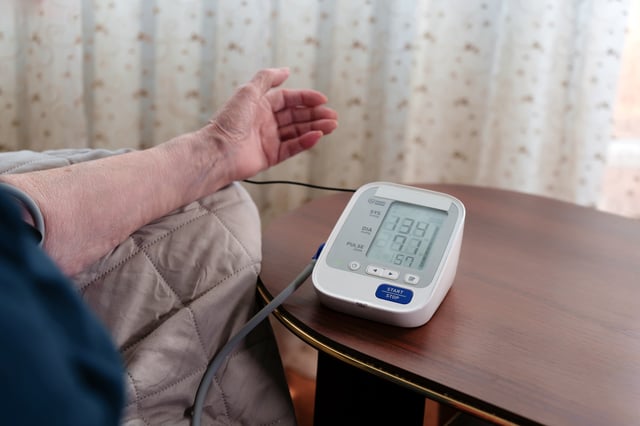Overview
- A Nature Medicine trial involving nearly 34,000 participants in rural China provides the first causal evidence linking intensive blood pressure control to reduced dementia risk.
- The intervention group, managed by non-physician community health workers, achieved a blood pressure target below 130/80 mmHg, compared to 140/90 mmHg in the standard care group.
- After four years, the intensive treatment group saw a 15% lower incidence of all-cause dementia and a 16% reduction in mild cognitive impairment compared to the control group.
- Participants in the intensive care group used an average of three antihypertensive medications, coupled with lifestyle coaching and home monitoring, highlighting the role of accessible community healthcare.
- Researchers advocate for global adoption of intensive hypertension management to curb the growing dementia burden, while further studies are needed to assess long-term benefits beyond four years.



